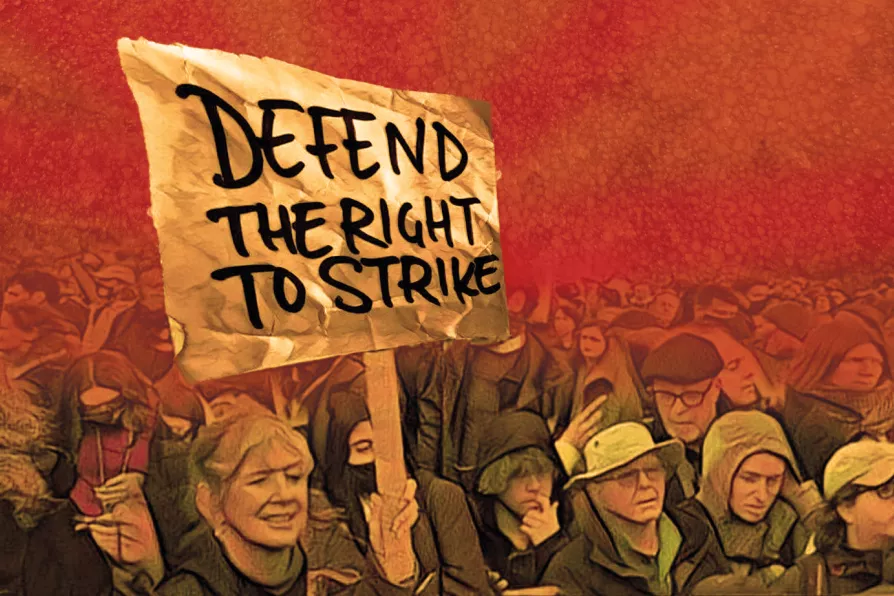A Dutch investigation found seven internationally renowned Holocaust and genocide experts, including Israelis, concluded Israel’s actions in Gaza constitute genocide, despite a campaign of denial and disinformation from the US state, writes TERRY HANSEN


THE Tories are becoming bolder in their attacks on the rights of trade union members, the right to strike and the general right to protest. It is vital for the future of this country and for ordinary people that these attacks are halted and reversed.
This Monday May 22 the Strikes (Minimum Service Levels) Bill comes back to the House of Commons. The TUC has called a protest outside Parliament for that evening. It deserves to be strongly supported.
The economic backdrop remains bleak. Even if double-digit inflation does fall back, prices will still be rising rapidly. The bulk of the population faces increasing misery for a long time to come. This is not an act of god or a product of unforeseeable events.

Every Starmer boast about removing asylum-seekers probably wins Reform another seat while Labour loses more voters to Lib Dems, Greens and nationalists than to the far right — the disaster facing Labour is the leadership’s fault, writes DIANE ABBOTT MP

DIANE ABBOTT explodes the anti-migrant myths perpetrated by cynical politicians and an irresponsible mass media

Our Foreign Secretary now condemns Israel in the Commons, yet Britain still supplies weapons and intelligence for its bombing campaigns — as the horror reaches perhaps the final stage, action must finally replace words, writes DIANE ABBOTT MP

The BBC and OBR claim that failing to cut disability benefits could ‘destabilise the economy’ while ignoring the spendthrift approach to tens of billions on military spending that really spirals out of control, argues DIANE ABBOTT MP














